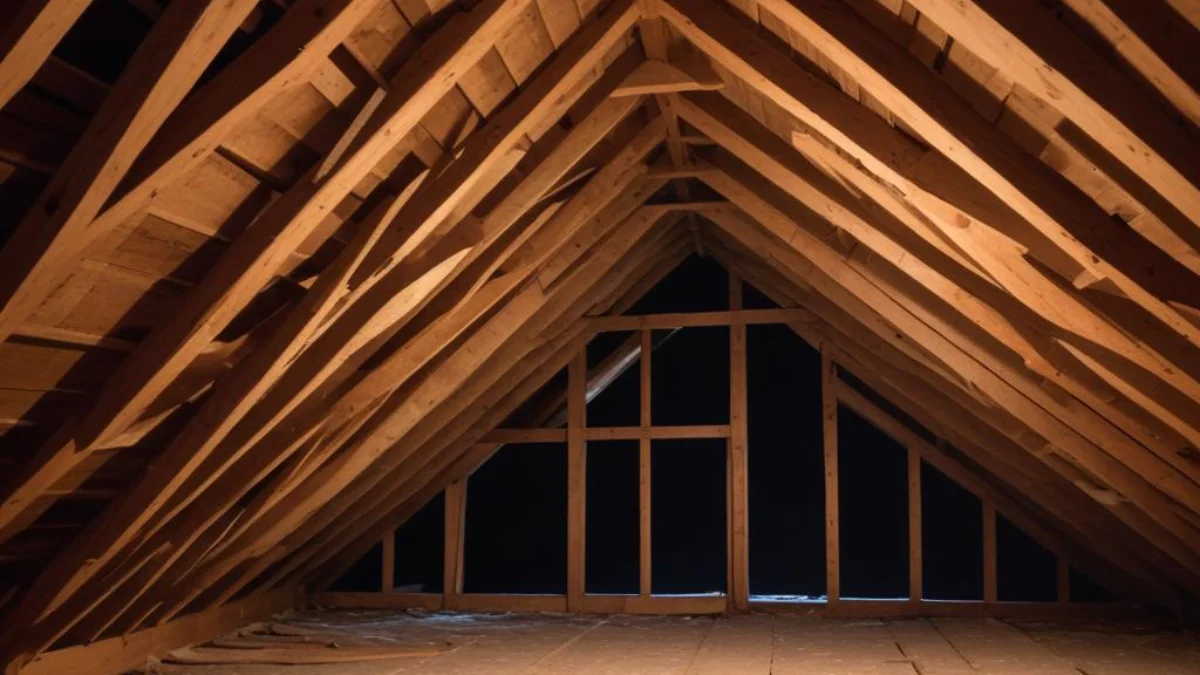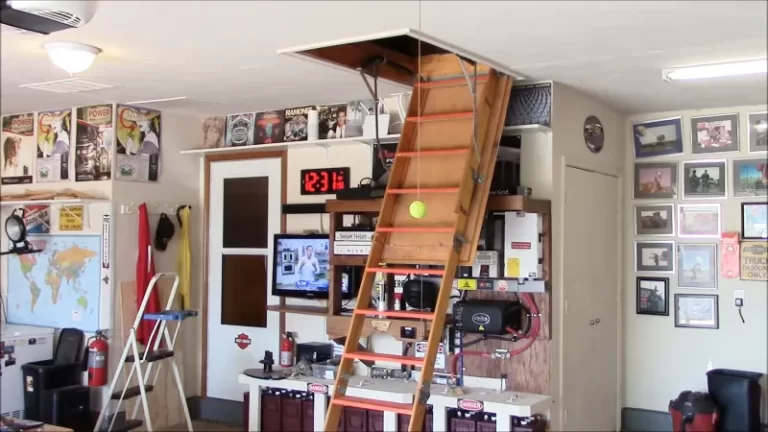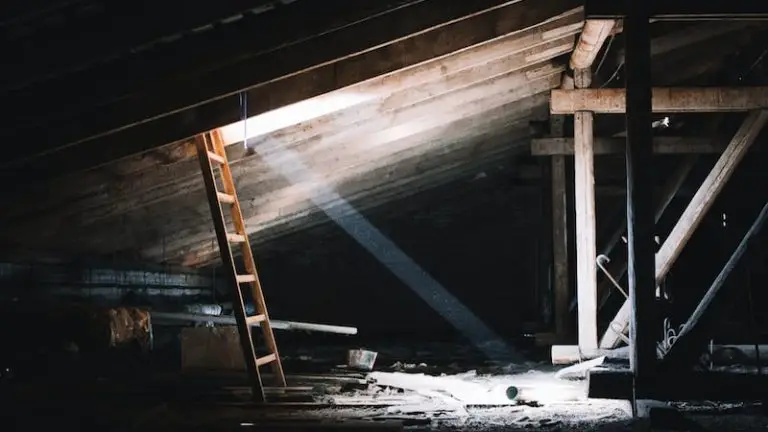Tapping Noise in Your Roof at Night? Here’s the Real Cause
That mysterious tapping noise in your roof space at night can be unsettling. Just as you’re drifting off to sleep, the gentle, rhythmic, or sometimes sharp, sporadic sounds begin. You’re not alone in this experience; it’s a common issue that leaves many homeowners wondering about its origin.
Is it a pest? Is the house settling? This guide will demystify those nocturnal noises. We’ll explore the most common causes and provide actionable solutions to restore peace and quiet to your home.
You'll Learn About
Understanding the Common Culprits Behind Nightly Noises
The sounds you hear from your attic or roof space at night are often due to natural or mechanical processes. Identifying the specific type of sound can provide clues to its source. The quiet of the night simply makes these sounds more apparent.
Thermal Expansion and Contraction: The Primary Suspect
One of the most frequent causes of tapping or clicking noises is the thermal expansion and contraction of your home’s building materials. As temperatures drop at night, materials like wood, metal, and plastic contract, and as they warm up during the day, they expand.
This movement is completely normal. The sounds are often more noticeable in the evening as the house cools down after a warm day. Materials like metal ductwork, roofing materials, and wooden trusses are especially prone to this phenomenon.
Pest Activity: An Unwelcome Houseguest
Unfortunately, sometimes that tapping noise is a sign of pests. Rodents like mice, rats, and squirrels, or even larger animals like raccoons, can make their way into your attic. They can create a range of noises, from scurrying and scratching to, yes, tapping.
Look for other signs of pests, such as droppings, nests, or visible damage to insulation and wiring. These uninvited guests are not just noisy; they can cause significant damage, making it crucial to address the issue promptly.

Plumbing and HVAC Systems
Your home’s plumbing and HVAC systems can also be a source of nighttime noises. Water pipes, especially older metal ones, can creak and tap as they expand and contract with temperature changes from hot water usage. This is often referred to as a “water hammer.”
Similarly, your HVAC system’s ductwork can make popping or tapping sounds as it expands and contracts with the flow of heated or cooled air. These sounds might be more noticeable when the system kicks on or off during the quiet of the night.
Structural Movement and Settling
All houses settle over time. This gradual movement can cause creaks, groans, and tapping noises as the structural components adjust. This is particularly common in newer homes but can occur in houses of any age.
While minor settling is normal, significant or sudden changes in noise could indicate a more serious issue. A sudden increase in noise could be related to a broken truss in the attic, which requires immediate attention from a professional.
Pinpointing the Source: A Homeowner’s Guide
To effectively address the noise, you first need to identify its source. This might require some detective work. Pay attention to the timing, location, and type of noise you’re hearing.
Is the sound consistent, or does it come and go? Does it happen at the same time every night? Answering these questions can help you narrow down the potential causes.
A Quick Diagnostic Table
Use the table below to help identify the potential cause of the tapping noise in your roof space. This can serve as a starting point for your investigation.
| Noise Description | Likely Cause | Recommended Action |
|---|---|---|
| Rhythmic clicks or pops, especially after sunset. | Thermal Expansion/Contraction | Generally, no action is needed as this is normal. Improving attic insulation and ventilation can sometimes reduce the severity. |
| Scratching, scurrying, or light tapping that moves. | Pest Activity | Inspect the attic for signs of pests. Contact a professional pest control service. |
| Loud bangs or taps when water is used or the HVAC runs. | Plumbing (Water Hammer) or HVAC Ductwork | Consult a plumber to install a water hammer arrestor. For HVAC, ensure ducts are properly secured and insulated. |
| Creaks and groans, especially during windy conditions. | Structural Settling or Movement | Monitor the situation. If noises are loud, sudden, or accompanied by visible cracks, consult a structural engineer. |
Actionable Solutions for a Quiet Night
Once you have a better idea of the cause, you can take steps to resolve the issue. Some solutions are simple DIY fixes, while others will require professional help.
Addressing Thermal Expansion
While you can’t stop thermal expansion, you can sometimes lessen its effects. Improving your attic’s insulation and ventilation can help regulate temperatures more effectively. This can lead to more gradual temperature changes and less pronounced noises.
Thinking about improving insulation in other areas? If you’re considering a project like determining if you can insulate a plastic shed, the principles of temperature regulation are similar.
Dealing with Pests
If you suspect pests, a thorough inspection of your attic and the exterior of your home is necessary. Look for any potential entry points, such as gaps in the siding, vents without screens, or holes near utility lines. Seal any openings you find.
For an active infestation, it is highly recommended to call a professional pest control service. They can safely and effectively remove the pests and help you prevent future problems.
Fixing Plumbing and HVAC Noises
For a suspected water hammer, a plumber can install a water hammer arrestor, which is a small device that absorbs the shock and stops the banging noise. This is a relatively simple and effective solution.
If your ductwork is the culprit, you can try to secure any loose sections. Adding insulation around the ducts can also help dampen the sound. An HVAC professional can provide a more thorough assessment and solution.
When to Call a Structural Engineer
If you suspect the noises are due to structural issues, especially if they are new, loud, or accompanied by other signs like cracks in walls or ceilings, it’s time to call a professional. A structural engineer can assess the integrity of your home and recommend any necessary repairs.
It’s important not to ignore potential structural problems, as they can lead to more significant and costly issues down the road. This is different from flooring choices, such as comparing Malibu wide plank vs. Lifeproof, where the decision is about aesthetics and durability, not structural safety.
Preventative Measures for a Peaceful Home
Preventing future noises often comes down to regular home maintenance. Regularly inspect your roof, attic, and exterior for any signs of damage or potential pest entry points. Ensure your plumbing and HVAC systems are well-maintained.
By being proactive, you can often address small issues before they become major problems, ensuring your nights are quiet and your home is secure. A little preventative maintenance can go a long way in providing peace of mind.
Conclusion: Don’t Let Nighttime Noises Haunt You
A tapping noise in your roof space at night can be alarming, but in most cases, it has a simple and logical explanation. By systematically investigating the potential causes, you can identify the source and take the appropriate action.
Whether it’s the natural expansion and contraction of your home, a small pest that’s found its way in, or a plumbing quirk, there is a solution. Don’t lose sleep over mysterious noises. Take control, investigate, and enjoy the peace and quiet of your home.


